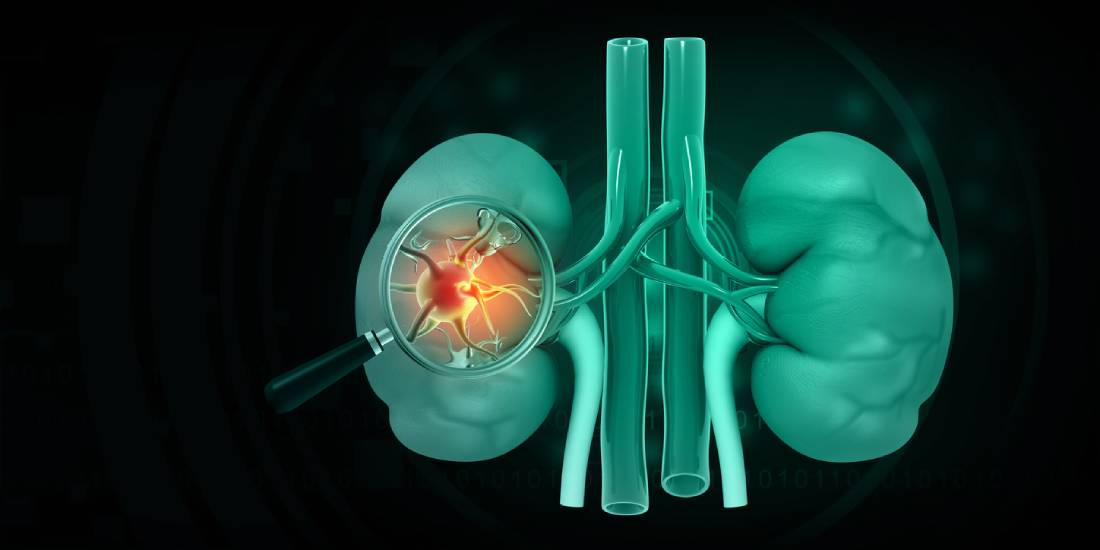Kidney failure is a medical emergency that occurs when the kidneys are stressed to the point of failing. This condition can quickly become life-threatening and must be dealt with immediately. Even then, it can create long-term health consequences for those who face it. Following this, preventing kidney failure should count among an individual’s long-term health goals. This can help to ensure that one does not suffer from some of the potentially devastating health impacts of kidney failure. If you have wondered how to prevent kidney failure, take a look at this guide, which can guide you to preventative medicine to ensure this medical disaster does not occur.
What is Kidney Failure?
Kidney failure is a severe emergency where the kidneys cease to function. When the kidneys cease to function, they stop removing waste from the body and balancing fluids. The kidneys are vital organs whose normal functioning is necessary for the human body to continue functioning. Several issues can cause kidney failure.
How to Prevent Kidney Failure
Staying aware of the possible causes of kidney failure can help you to prevent it from occurring in the first place. Below are some steps one can take to attempt to diminish the chance of experiencing this issue:
Watch Your Blood Sugar
Overeating refined sugar and sweet foods can negatively impact your kidneys. Should you develop diabetes, kidney failure is one of the potential dangers that is associated with this chronic condition.
Eat a Balanced Diet
Eating a well-balanced diet that does not include an excessive amount of refined foods can help ensure long-term kidney health. Fiber, fresh fruits and vegetables, and whole grains can boost kidney health and reduce the risk of developing kidney disease.
Reduce Your Sodium Intake
Similarly to sugar, excessive sodium intake can also have very devastating impacts on your kidneys. Excessive sodium intake is one of the leading causes of the development of high blood pressure, which can cause harm to one’s kidneys.
Hydrate Frequently
Dehydration can damage the kidneys by reducing the flow of healthy blood to these organs. Staying properly hydrated can reduce the risk of serious health consequences.
Moderate Your Alcohol Intake
Excessive drinking can cause serious damage to many organs of the body, including the kidneys. In addition, excessive drinking has the potential to impact one’s blood pressure and blood sugar, further increasing the risk of developing some condition of the kidneys.
Try to Reduce Stress
Stress is a silent killer that can negatively impact many body systems. Reducing stress in daily life can help ensure optimal kidney health. Various mindfulness and stress reduction techniques can be useful in this regard.
Exercise
Making sure that you take some time each day to get some healthy exercise is another way to ensure the long-term health of your kidneys. Exercise can increase blood flow and assist the kidneys in processing toxic material for the body.
Watch Your Blood Pressure
High blood pressure afflicts millions of people worldwide and can be disastrous for one’s health. It has the potential to damage one’s kidneys in both chronic and acute ways.
Use Over-The-Counter Drugs Sparingly
Common over-the-counter drugs like ibuprofen and other similar medications may seem mild at first glance. Still, these medications can actually cause significant amounts of stress to one’s internal organs if they are used in excess. Attempting to limit your overall intake of such medications can reduce the stress on your kidneys and help you avoid incurring accidental damage.
Do Not Smoke Cigarettes
Smoking tobacco can be absolutely disastrous for one’s health in several respects. In addition to the damage that it can do to one’s lungs and respiratory system, smoking can also cause significant amounts of damage to one’s kidneys. Smoking cessation will inevitably improve one’s health outcomes in almost every area possible.
Your Friend for Kidney Health
Dr. Gura is a recognized kidney doctor with the skills and expertise to help patients maintain kidney health. If you want to discuss your kidney health with a professional with years of experience, contact our office today to set up an appointment.

